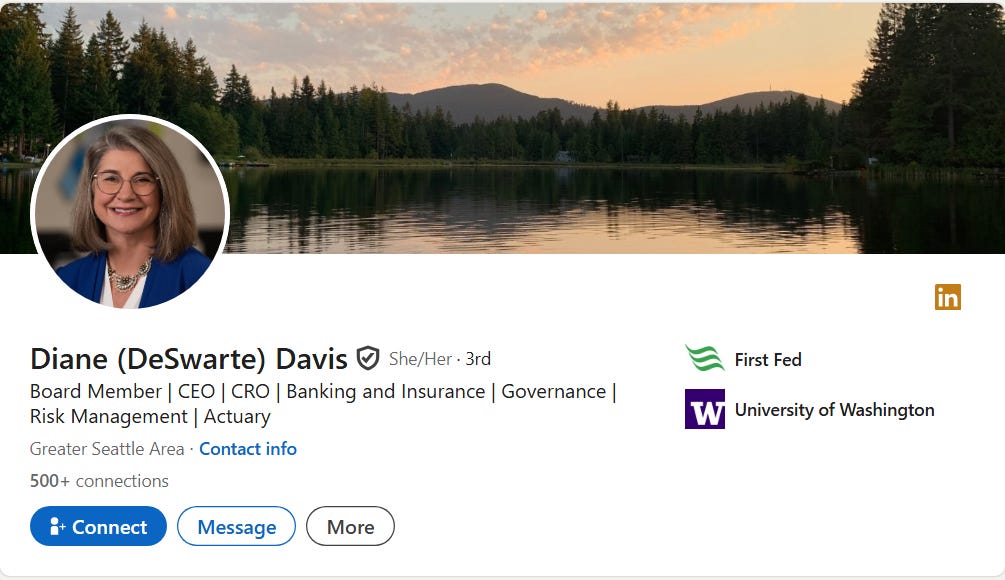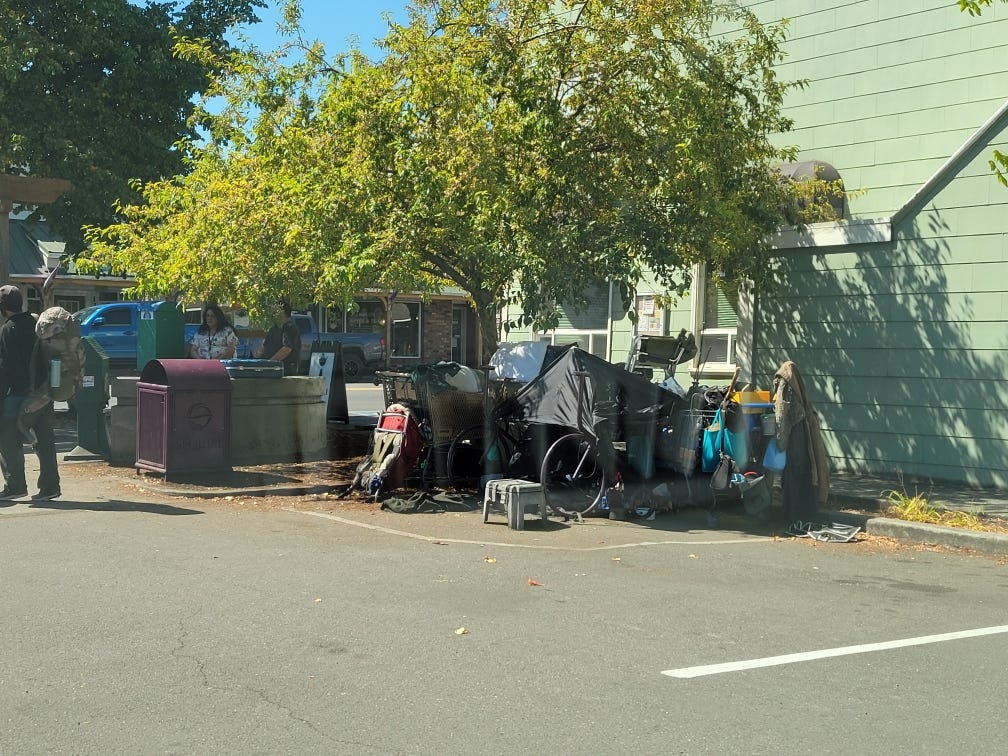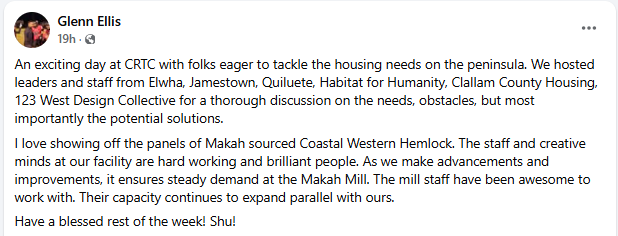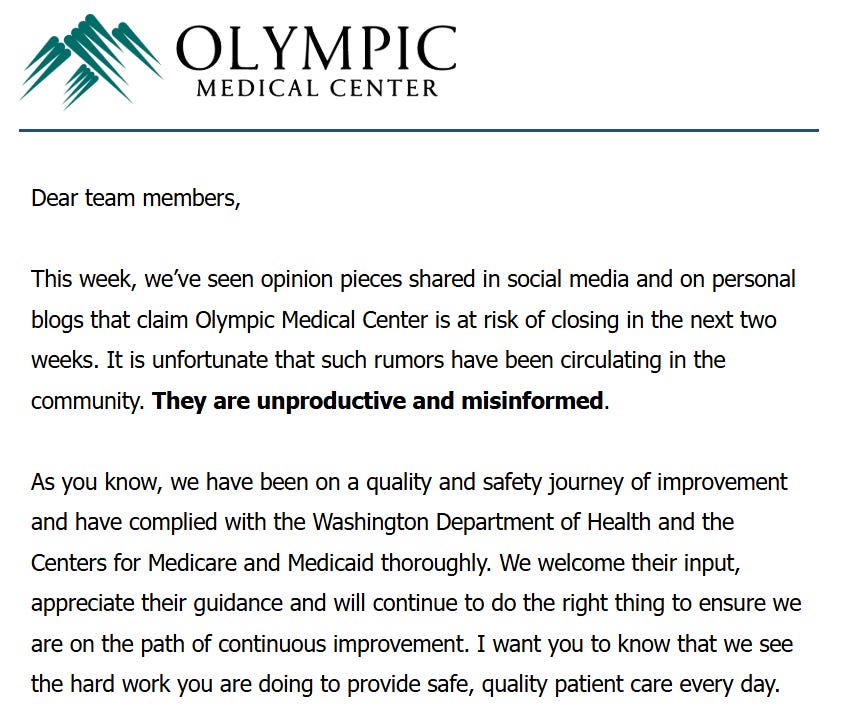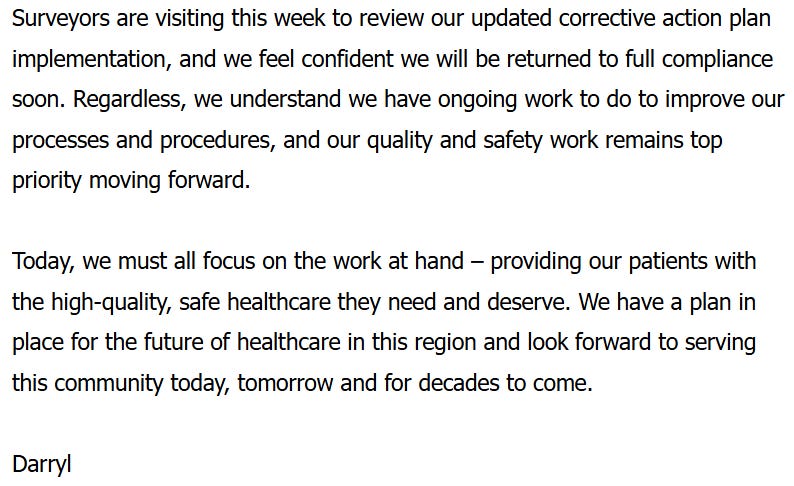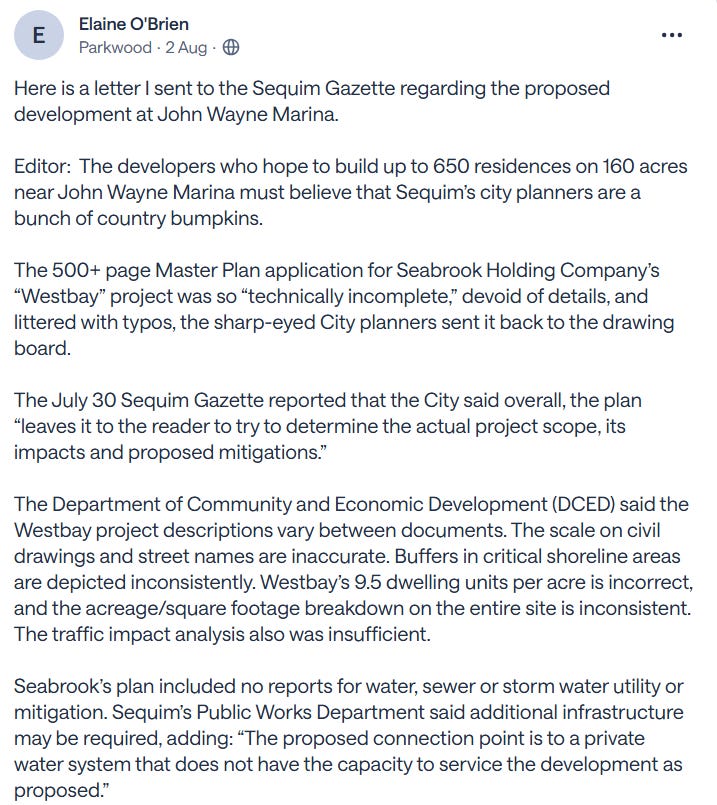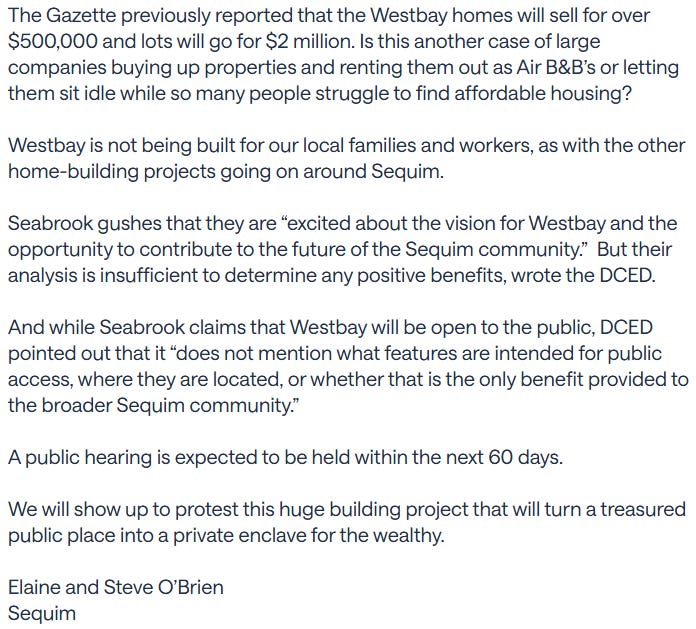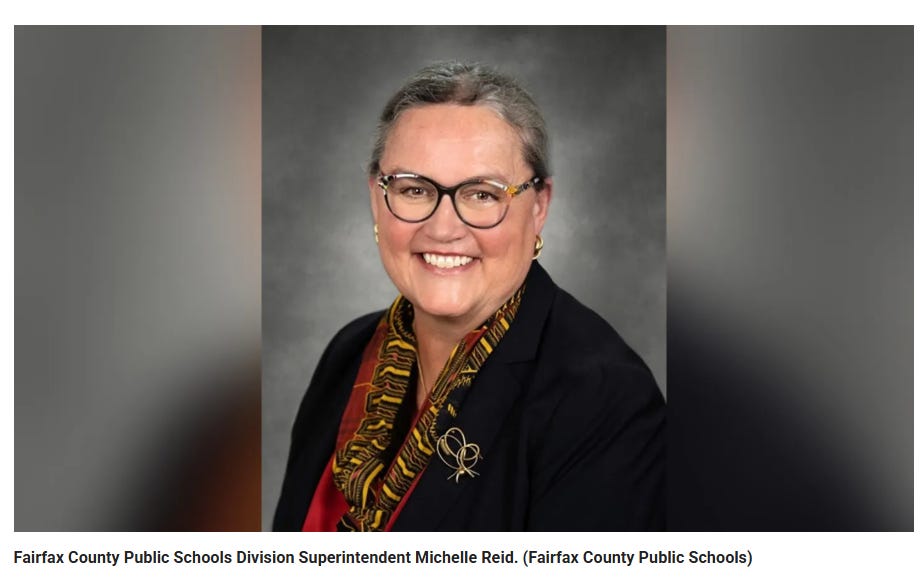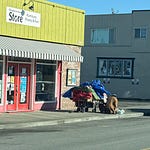From bank boardrooms to tribal timber disagreements, from encampments vs. enforcement to a super-rich school superintendent, here's what’s stirring in Clallam County—what’s being said, what’s being done, and what’s being quietly ignored.
Risk-managing at the bank
First Northwest Bancorp (NASDAQ: FNWB), parent to First Fed Bank, has brought longtime insurance executive Diane C. Davis onto its boards. With over 25 years in executive leadership, risk management, and governance, she brings a strategic eye to the table. A Fellow of the Society of Actuaries, Davis also co-chairs 5050 Women on Boards Greater Seattle, underlining her commitment to gender equity in corporate leadership.

Yet noting her former board role with Habitat for Humanity Seattle–King County is significant—not for praise, but because our local Habitat has faced ongoing transparency concerns in Clallam County. A respected professional is now aligned with an institution under local scrutiny. Transparency is vital—and leadership must reflect it.
Taxpayer-funded grants and tribal secrecy
On May 1, the Tulalip Tribe and Washington State Department of Commerce formalized a government-to-government partnership. The MOU removes barriers, improves communication, and sets culturally-appropriate privacy standards for the state agency that grants millions in tax dollars to local tribes. Sounds progressive. But it also creates an opaqueness: privacy that shields, rather than informs.
If this model spreads, will Clallam County’s four tribes follow this playbook? Government-to-government relations should strengthen trust, not redirect it behind closed doors.
Seal Street encampment: policy vs. practice
Sequim’s own 2024 fact sheet makes it clear: it is unconstitutional to enforce camping, panhandling, or vehicle-living laws selectively—especially against people based on their status. Laws must apply equally.
Yet at Seal Street Park, enforcement appears absent or uneven, despite city claims of neutrality. If other city areas see prompt citations or cleanup, while Seal Street is left untouched, that violates the principle they publicly committed to. It doesn’t matter who shelters there—the law demands equal application.
Still, Sequim Councilmember Kelly Burger emphasized outreach, collaboration, and increased police visibility during meetings. His response—laid out with clarity and sincerity—doesn’t erase Sequim’s growing distance between written policy and street-level action.
Forest, housing, and tribal divergence
The Composite Recycling Technology Center (CRTC) in Port Angeles is innovating housing by using thermally modified western hemlock from the Makah Tribe’s forests—creating jobs and sustainable structures together. It’s progress rooted in partnership.
Meanwhile, the Lower Elwha Tribe has taken a stand against logging in the Elwha watershed—organizing petitions and filing lawsuits to safeguard old-growth forests and salmon habitat.
On one side, the Makah Tribe sees sustainable timber harvests as a path to affordable, locally sourced housing and economic resilience. On the other, the Lower Elwha prioritizes preservation, arguing that certain forestlands should remain untouched to protect wildlife and cultural resources. Both Tribes claim superior environmental stewardship, yet this points to a longstanding tension between the need for jobs and housing and the need for conservation.
Sea-level science under fire
The Clallam County Commissioners are preparing a letter of support so the state can funnel money into the Northwest Straits Commission—money that will, in turn, bankroll our local Marine Resources Committee (MRC). One of the MRC’s current “projects” is a recommendation that the residents of the 3 Crabs neighborhood be removed and relocated, citing concerns about future sea level rise. That’s right—government-funded committees are now drawing up plans to uproot an entire neighborhood based on projections that may be more political than scientific, and our county commissioners are supporting it.
Meteorologist Cliff Mass recently took aim at The Seattle Times’ ClimateLab for promoting a narrative that sea level rise is an immediate crisis threatening Samish tribal heritage sites. He says the numbers simply don’t match the hype—pointing out that in northern Puget Sound, sea levels have risen only a couple of inches over nearly a century. This is a far cry from the “urgent” displacement scenarios being pushed in reports and media coverage.
If the data doesn’t show a dramatic surge, then why are local and state agencies building policy—and spending taxpayer dollars—on the assumption that one is imminent? Climate policy should be based on real, localized measurements, not broad-brush projections designed for headlines and grant applications. The stakes here aren’t abstract—they involve people’s homes, property rights, and the future of entire communities.
Trouble at Swain’s: a symptom of Port Angeles’ growing crisis
Police scanner logs reveal a troubling pattern at Swain’s in Port Angeles—multiple thefts, vehicle prowls, break-ins, prowlers heading toward the nearby park, and even incidents involving child offenders. Over the past years, there have been dozens of such calls, each a reminder of how frayed public safety has become.
This isn’t just about one store—it’s about a community straining under homelessness, drug addiction, and unchecked petty crime. When these problems go unaddressed, businesses shoulder the cost, neighborhoods feel less safe, and the slow erosion of public trust takes root.
Hospital rumblings and rumors
Resigned CEO Darryl Wolfe recently called rumors of Olympic Medical Center’s imminent closure “uninformed and unproductive.” But public documents showed 60-plus persistent deficiencies, withheld from residents until stability was on the brink. In response, the hospital board has now hired a temporary CEO and turned to the University of Washington for support.
Maybe that rumor was uncomfortable—but it also sparked accountability. Sometimes the “unproductive” spark is what lights change.
Budget pressures & sweet potato workshops
Facing budget deficits and cuts to law enforcement and the county fair, Clallam County still sent over $77,000 to WSU Extension last week.
What is WSU Extension doing this month? Holding a FREE sweet potato curing workshop.
Helpful for gardeners, perhaps, but is it the best use of funds when essential services are on the chopping block? If taxpayers are asked to pay more, shouldn’t beneficiaries like specialty growers share the load?
Seabrook’s Westbay plan falls flat
The proposed “Westbay” development near John Wayne Marina—up to 650 homes on 160 acres—was deemed “technically incomplete” by Sequim planners. The 500+ page master plan had inconsistent data: acreage figures, buffers, traffic impact, even drawings and street labels. No infrastructure plan, sewer study, or utility capacity details.
At over $500K per home or $2 million per lot, this isn’t starter housing—it’s potential luxury enclaves hidden behind sloppy planning. If it's not for locals, maybe it shouldn’t move forward without fuller community benefit—and accurate submissions.
Read Elaine and Steve O’brien’s letter posted on Nextdoor:
From Port Angeles to national spotlight
Michelle Reid, once superintendent of the Port Angeles School District, has transitioned from local leadership to a more high-profile and, at times, controversial role. After serving PASD, Reid took on the superintendent position in Virginia, where she gained national attention—not only for her ambitious initiatives but also for her demands for high compensation (she’s paid more than the U.S. President) and demands for an “Executive Protection Agent” security detail.
Read the full story here.



